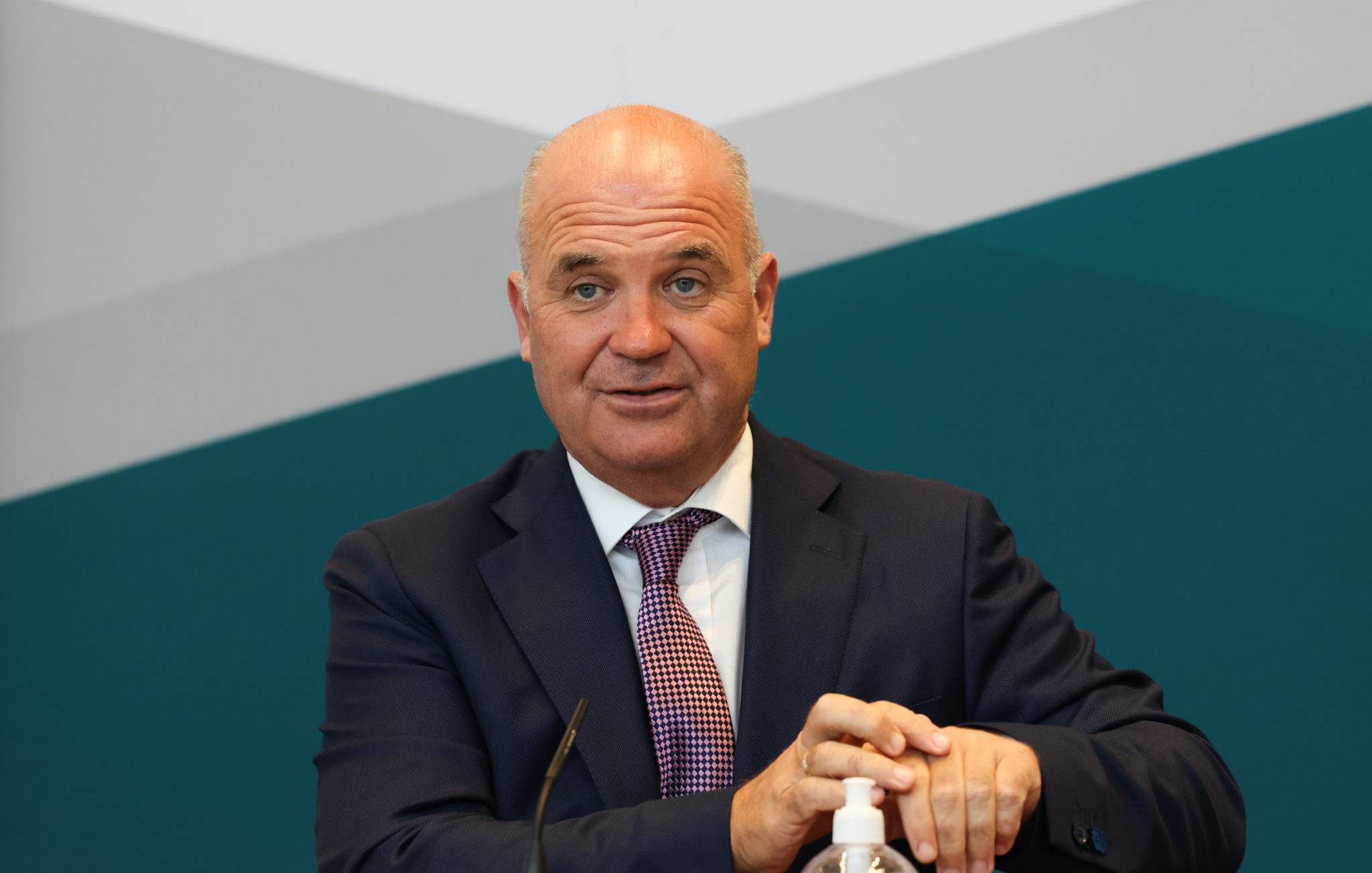The solicitor who represented Vicky Phelan and other women whose smear slides were misread said no one thinks these women “got cancer from an audit”.
These comments come after an RTÉ interview with former Chief Medical Officer Dr Tony Holohan originally included a quote from the doctor that there was “no delayed diagnosis” involving CervicalCheck.
Solicitor Cian O’Carroll said he raised concerns about Dr Holohan’s comments before the interview was aired on TV and RTÉ edited the quote out, which he thought was “very responsible”.
Speaking on The Hard Shoulder, Mr O’Carroll said Dr Holohan claimed there was “no delayed diagnosis, there was no misdiagnosis or screening programs” involving cervical checks in Ireland, even if there was mistakes at the “individual level”.
“[Dr Holohan said], ‘There is a view, which is largely being reinforced by the legal profession that a difference in opinion between two readers at two different points in time constitutes medical negligence, which it doesn't’,” Mr O’Carroll read out.
“That's very hard for me to accept when I represent women who have on numerous occasions not only proved their case, but in so many of these cases there has been an admission of liability.
In a previous interview with The Pat Kenny Show, Dr Holohan said the CervicalCheck audit could have been “planned better” to ensure women received their diagnosis – but this didn’t change the women’s diagnoses.
Central failings
Mr O’Carroll said he is “concerned” about how much Dr Holohan focuses on the audit.
“The audit took place between 2010 and 2018 for women who had a diagnosis for cancer and were being treated for cancer,” he said.
“That audit found discordances in the original way the cervical smears were read.
“There was never a suggestion that [the audit] in any way caused [women] harm.”
 Dr Tony Holohan. Photograph: Sam Boal / RollingNews.ie
Dr Tony Holohan. Photograph: Sam Boal / RollingNews.ieMr O'Carroll said the audit was not the “central issue” of cases before the court, but rather it was “critical failures in the actual science in the cervical cytology”.
“Smear tests which were being done were not being read correctly,” he said.
“Those women went on from a pre cancer to an invasive cancer, and now over 30 of them have died.”
Mr O’Carroll said there’s a “denial of wrongdoing” by focusing on the audits.
“I don’t think it’s safe where the screening community doesn’t acknowledge failings,” he said.
“They materially go about confusing people by saying this is all about an audit and no one got cancer from an audit – they clearly didn’t.
“I don't see how that helps people have more confidence in a vital part of our public health program.”
Listen back here:









